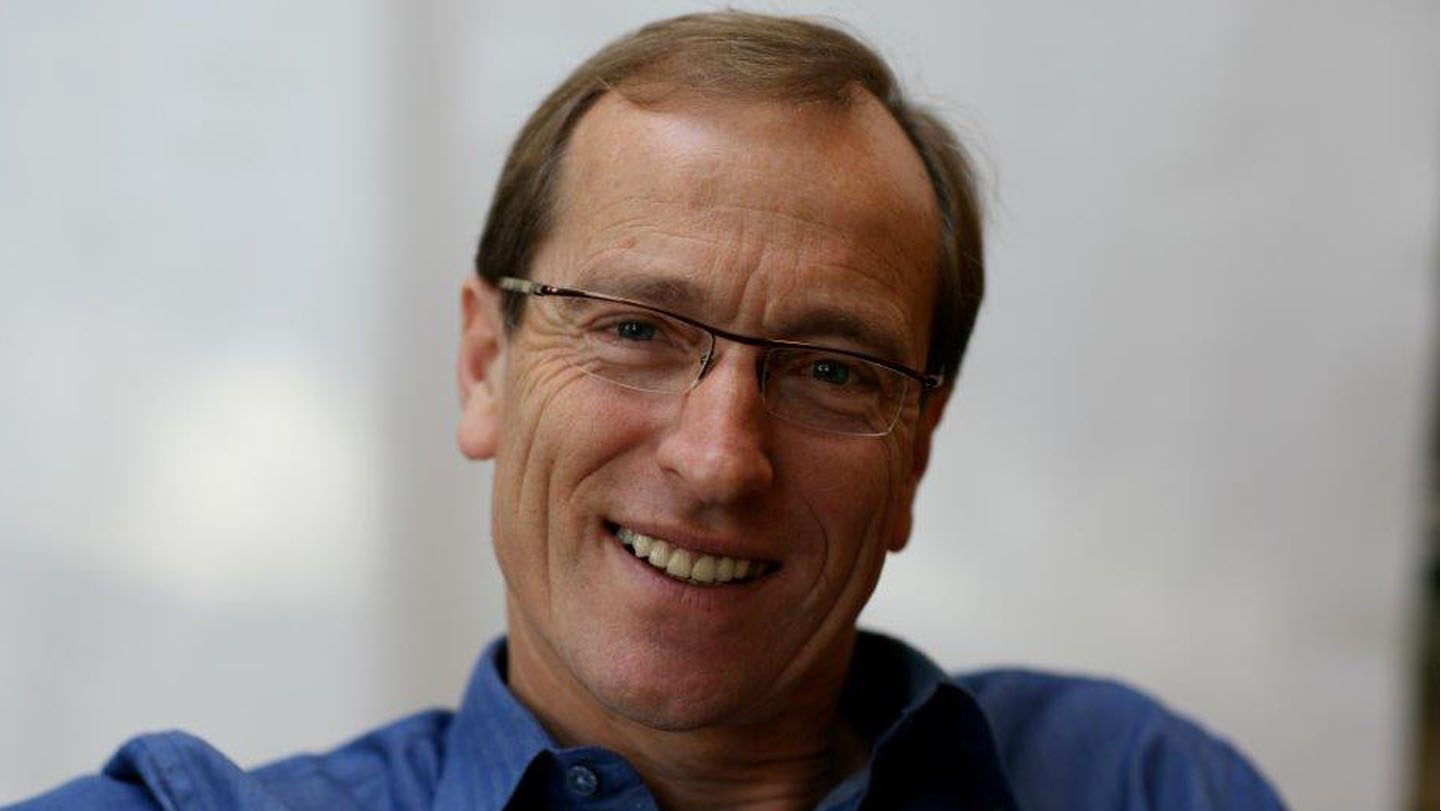Last week ITV News Political Editor Robert Peston asked Rishi Sunak: ‘Why are so many people at the top of your party finding it so difficult to follow the rules?
In response Mr Sunak said:
“The things that happened before I was prime minister, I can’t do anything about. What I think you can hold me to account for is how I deal with things that arise on my watch”.
The more I reflected on this statement the more it troubled me. Like all forms of governance, government involves stewardship. The essence of stewardship is to see continuity from that which has come before as well responsibility for that which comes later. This even applies to the inheritance of new governments who may have a different political persuasion. It certainly applies to new governments of the same party. It unambiguously applies to one government which is yet to complete a single term of office – which was the context for Mr Sunak’s reply.
The very next day I read the latest reports about the Hillsborough disaster.
On 27 March 1989 97 people died at an FA cup semi-final. For a long time the police force blamed drunken and ticketless football fans for the disaster. Asked to report on the disaster, Lord Justice Taylor blamed police mismanagement of the event. The Crown Prosecution Service initially decided there was not enough evidence for a criminal prosecution. Then victims’ relatives brought civil claims. In these court cases South Yorkshire police admitted negligence. Yet at the inquest in 1990 the police blamed the supporters. In 1991 the inquest jury returned a majority verdict of accidental death. Disciplinary action against the police officers in charge was dropped. In 1993 a divisional court judge rejected the families’ judicial review application to quash the inquest verdict.
In 1997, after a powerful ITV drama documentary, the new Labour government ordered scrutiny of new evidence. The judge who investigated found that South Yorkshire police had changed 164 officers’ accounts of the disaster before sending them to the Taylor inquiry. The Home Secretary referred the matter to another judge but in in 1998 he rejected any grounds for prosecution of policy or quashing the inquest verdict.
In 2012 the Hillsborough Independent Panel, chaired by Bishop of Liverpool James Jones, published its report after viewing 450,000 documents. Police failings were highlighted, and cover-up attempts further exposed. Home Secretary Theresa May accepted the findings and ordered a new criminal inquiry. In December 2012 the Lord Chief Justice quashed the inquest verdict. A fresh inquest opened in 2014 and concluded in 2016 that the 96 were unlawfully killed. Stadium design along with errors and omissions by the police were blamed. The supporters were at last fully exonerated.
In 2017 James Jones was commissioned by PM Theresa May to produce a further independent report to which she promised the government would respond. Five years later, the families are still waiting for that response.
The title that James Jones chose for his report was striking and has become even more apt over the five years since the report was published.
He called it ‘The Patronising Disposition of Unaccountable Power’
There was one recommendation which Theresa May promised at the time the government would implement. This was the idea of an ‘independent public advocate’ to ‘act for bereaved families after a public disaster and to support them at public inquests’.
This is an excellent recommendation and the principles behind it should have much wider application than the victims of disasters and their particular vulnerability.
For there is a vital good governance lesson to be learned here. It applies to all large organisations – government departments, the police, religious institutions, companies, universities and large charities and NGOs.
Large organisations cannot help themselves. They become defensive and unaccountable when accused of wrongdoing. Or as James Jones puts it, they take on ‘the patronising disposition of unaccountable power’.
If such organisations truly want to claim that they are well-governed, they need to put in place compensating mechanisms that help the vulnerable and those with little voice. That means installing fully independent advocates who can, after thorough investigation, represent the interests of the vulnerable.
It applies to all large organisations but perhaps it applies most strongly of all to governments. The current government seems to have forgotten Theresa May’s promise to victims who have been battling injustice for 34 years. And Rishi Sunak’s careless dismissal of accountability for things that happened before his time in charge shows us just how necessary it is for the vulnerable to have their own advocate. This is all about the principles of stewardship. Accountability goes with the role, not simply the person whose name is on the Minister’s door.
Mark Goyder is the Founder of Tomorrow’s Company and Senior Advisor to the Board Intelligence Think Tank He is the co-author, with Ong Boon Hwee, of Entrusted – Stewardship For Responsible Wealth Creation, published by World Scientific.
